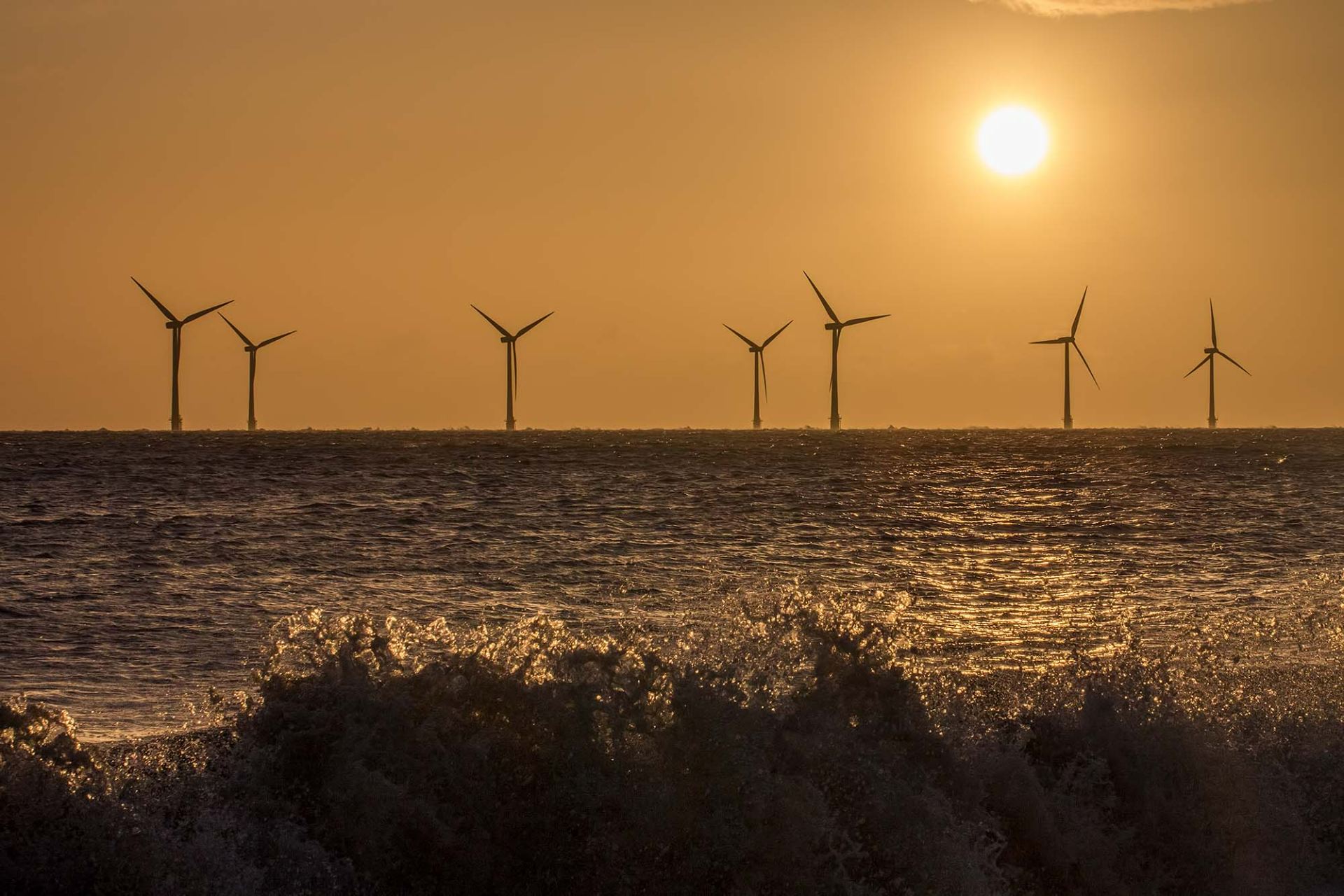Engineer To Explore Interchange of Energy Between Wind, Waves
By: Ben Porter | Jan. 26, 2024
Dr. Kianoosh Yousefi, assistant professor of mechanical engineering at The University of Texas at Dallas, has received a three-year, $320,000 grant from the National Science Foundation to research air-sea interactions.
In collaboration with Dr. Christopher Zappa and Dr. Marco Giometto at Columbia University, Yousefi will explore the interchange of energy between wind and waves as part of the nearly $1 million total grant for the researchers. The research should provide new insights into sea-surface drag with potential applications in the prediction of weather patterns and the development of reliable ocean-based wind turbines.

“Although many studies have investigated the impacts of waves on wind stress, the present models lag behind actual needs,” said Yousefi, who joined UT Dallas in 2023 and is affiliated with the Wind Energy Center at UTD. “Advances in the fundamental understanding and modeling capabilities of surface-wave processes are needed given the increased frequency and intensity of extreme events due to human-induced climate changes.”
As wind blows across an ocean, the friction between the air and the water stretches and distorts the surface, much like dragging a finger over a flattened piece of cloth causes wrinkles. The result is the creation of waves.
Wind-formed waves release energy back into the atmosphere as they churn and break. As a result, the generation of bubbles and spray transfers more energy to the atmosphere, which can affect the weather and climate patterns around the world as the waves travel.
Oceanic waves carry a lot of energy. Offshore wind turbines experience repeated waves that frequently exceed 40 feet (12 meters) that break on the base of their structure. The massive amount of energy released from large waves can damage or even destroy these multimillion-dollar installations.
“This NSF grant will be critical in understanding the ocean surface dynamics and their impact on sea-surface drag, which are essential for more accurate weather predictions and the design of offshore wind farms,” said Dr. Joseph Rencis, professor of practice and interim department head of mechanical engineering in the Erik Jonsson School of Engineering and Computer Science.
Yousefi’s study will combine infrared imaging of small-scale waves with computational imaging techniques of a large-eddy simulation framework to create an algorithm to further characterize the effect of waves on wind.
“This grant allows me to collaborate with my colleagues at Columbia University to develop new methods for tackling multidisciplinary research questions in the field of air-sea interactions. It also allows me to apply these new understandings and models to new fields, such as offshore wind turbine research. Collaborative works of this nature do not occur that often in our fields, so I am really excited about the opportunity presented with this work,” Yousefi said.
Media Contact: The Office of Communications and Marketing, or the Office of Media Relations, UT Dallas, (972) 883-2155, newscenter@utdallas.edu.






